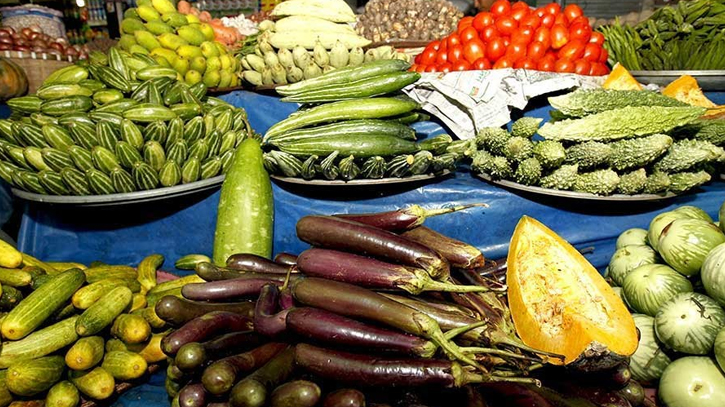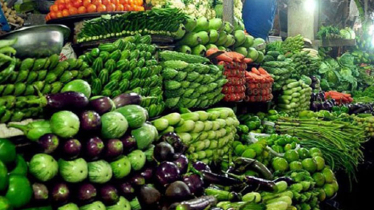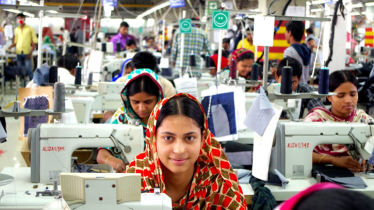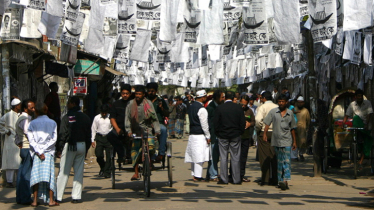
Photo : Collected
The unusual price hike of vegetables is still persisting even during the peak season. Everyday essentials like eggs, onions, chicken meat, and potatoes are becoming costlier cumulatively with no relief in sight. Despite an abundance of winter vegetables in the market, none are available for less than Tk 60 per kilogramme. This marks a significant surge from the prices of Tk 30-40 per kg seen just a year ago during the peak season in last winter.
At present, long brinjals are being sold at Tk 60-70 per kg, round brinjals at Tk 70-80, medium cauliflowers at Tk 40-50, cabbages at Tk 40-50, beans at Tk 70-80, bitter gourds at Tk 170-180, radishes at Tk 50-60, gourds at Tk 70-80, small-sized sweet pumpkins above Tk 100, and carrots at Tk 70-80. Even winter tomatoes are priced at Tk 70-80 per kg. Common people in such context apparently look dismayed – noting that while winter typically sees lower vegetable prices, this year they are forced to purchase at an exorbitant price.
In the fish and meat market, discomfort prevails, with broiler chicken priced at Tk 200-210 per kg and sonali chicken at Tk 320-340. A dozen red eggs cost Tk 135-140 with white eggs marginally cheaper. Both common farmers and consumers face challenges — farmers receive unfairly low prices, while consumers remain burdened with high costs for essential items.
The Directorate of Agricultural Marketing (DAM) shows that the production cost of one kilogramme of brinjal this year is slightly over Tk 10. However, consumers end up paying over 10 times this amount in the retail market. Traders often attribute this to extortions faced in bringing the kitchen products to market. Food price inflation during last November reached 10.76%, the highest in the last 15 years, following October’s 12.56%.
On the other hand, Bangladesh despite its economic development struggled to control inflation in 2023, while other South Asian countries managed. A World Bank survey indicates that around 50 million people out of 17.5 million in Bangladesh are facing a food crisis, with approximately 10% going to bed hungry.
The disparity in economic benefits is evident, as a specific group enjoys development. At the same time, the common people are deprived of real education, health, safety, and employment sectors. The quality of life for ordinary citizens remains uncertain, and we expect relief from the escalating prices of goods, fueled by unscrupulous syndicate activities, in the new calendar year.
Messenger/Fardin








